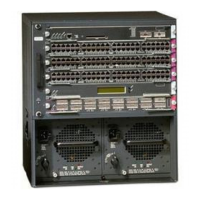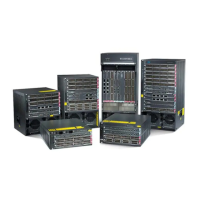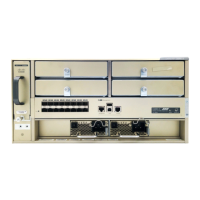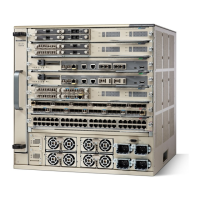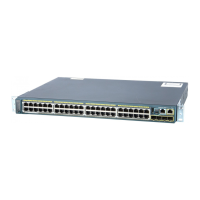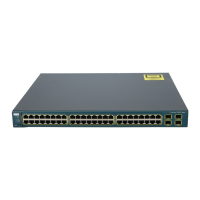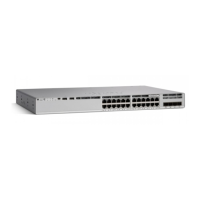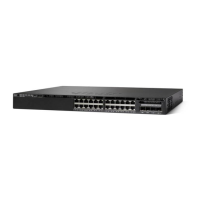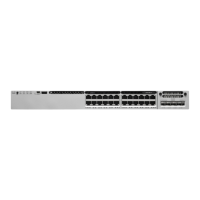1-8
Catalyst 6500 Series Switch SSL Services Module Command Reference
OL-9105-01
Chapter 1 Command-Line Interface
Using the CLI String Search
To enter these special characters as single-character patterns, remove the special meaning by preceding
each character with a backslash (\). These examples are single-character patterns matching a dollar sign,
an underscore, and a plus sign, respectively.
\$ \_ \+
You can specify a range of single-character patterns to match against command output. For example, you
can create a regular expression that matches a string containing one of the following letters: a, e, i, o, or
u. One and only one of these characters must exist in the string for pattern matching to succeed. To
specify a range of single-character patterns, enclose the single-character patterns in square brackets
([ ]). For example,
[aeiou]
matches any one of the five vowels of the lowercase alphabet, while
[abcdABCD]
matches any one of the first four letters of the lower- or uppercase alphabet.
You can simplify ranges by entering only the end points of the range separated by a dash (-). Simplify
the previous range as follows:
[a-dA-D]
To add a dash as a single-character pattern in your range, include another dash and precede it with a
backslash:
[a-dA-D\-]
You can also include a right square bracket (]) as a single-character pattern in your range. To do so, enter
the following:
[a-dA-D\-\]]
The previous example matches any one of the first four letters of the lower- or uppercase alphabet, a
dash, or a right square bracket.
You can reverse the matching of the range by including a caret (^) at the start of the range. This example
matches any letter except the ones listed:
[^a-dqsv]
This example matches anything except a right square bracket (]) or the letter d:
[^\]d]
^ Matches the beginning of the string.
$ Matches the end of the string.
_ (underscore) Matches a comma (,), left brace ({), right brace (}), left parenthesis ( ( ),
right parenthesis ( ) ), the beginning of the string, the end of the string, or a
space.
Table 1-4 Characters with Special Meaning (continued)
Character Special Meaning

